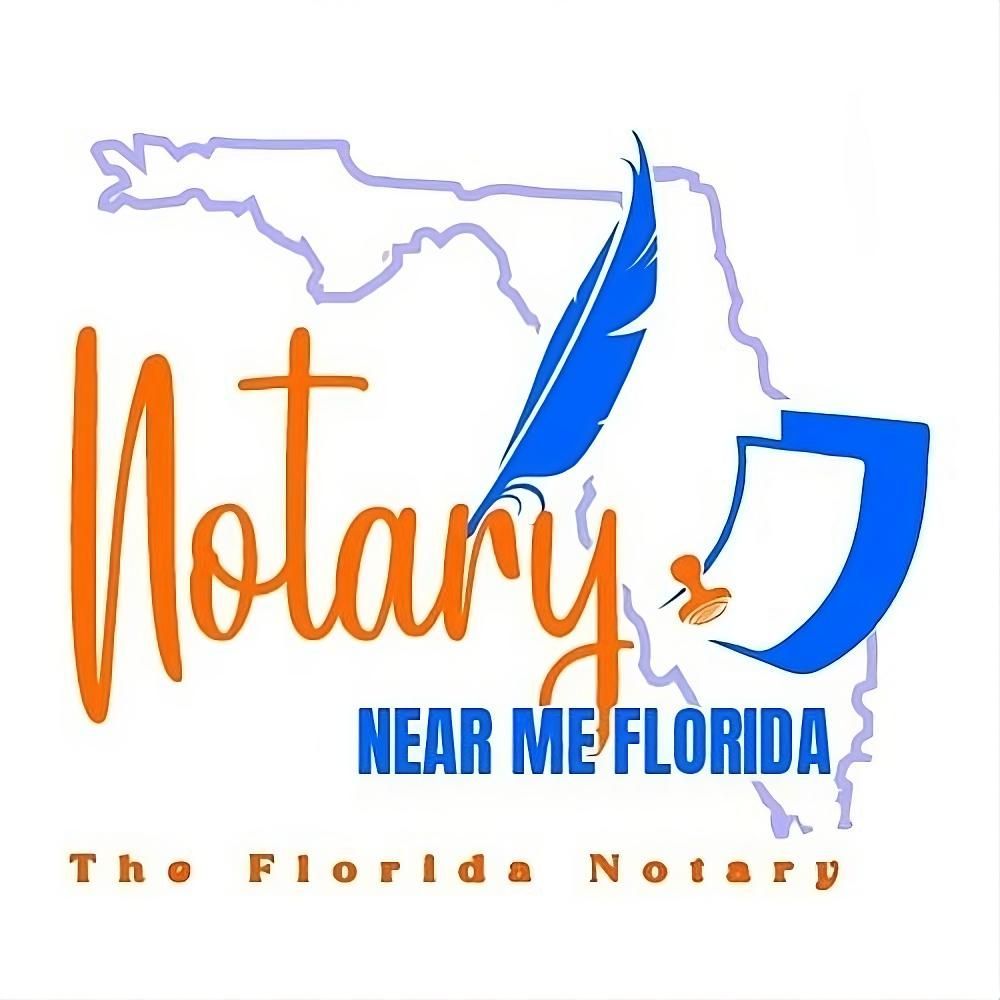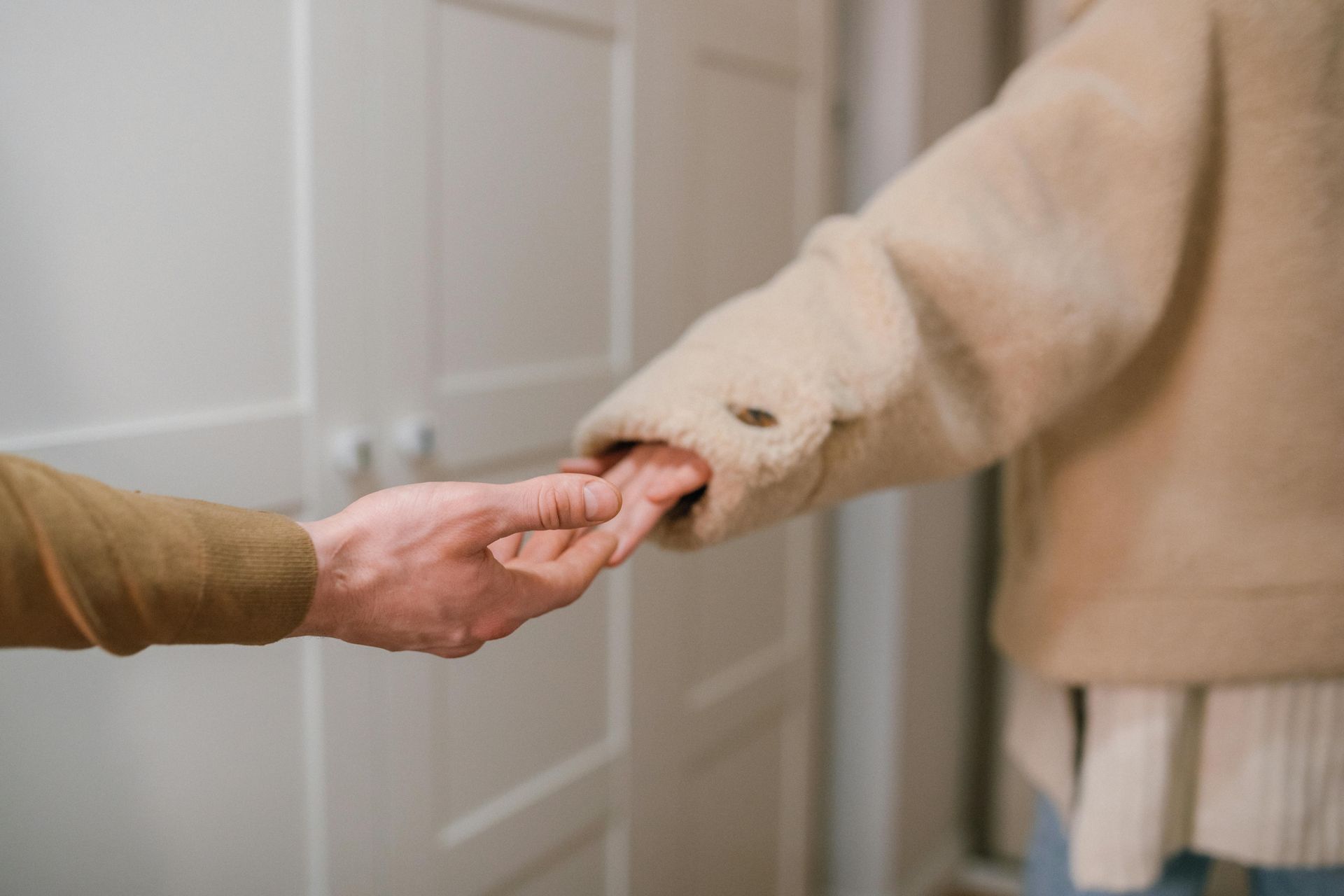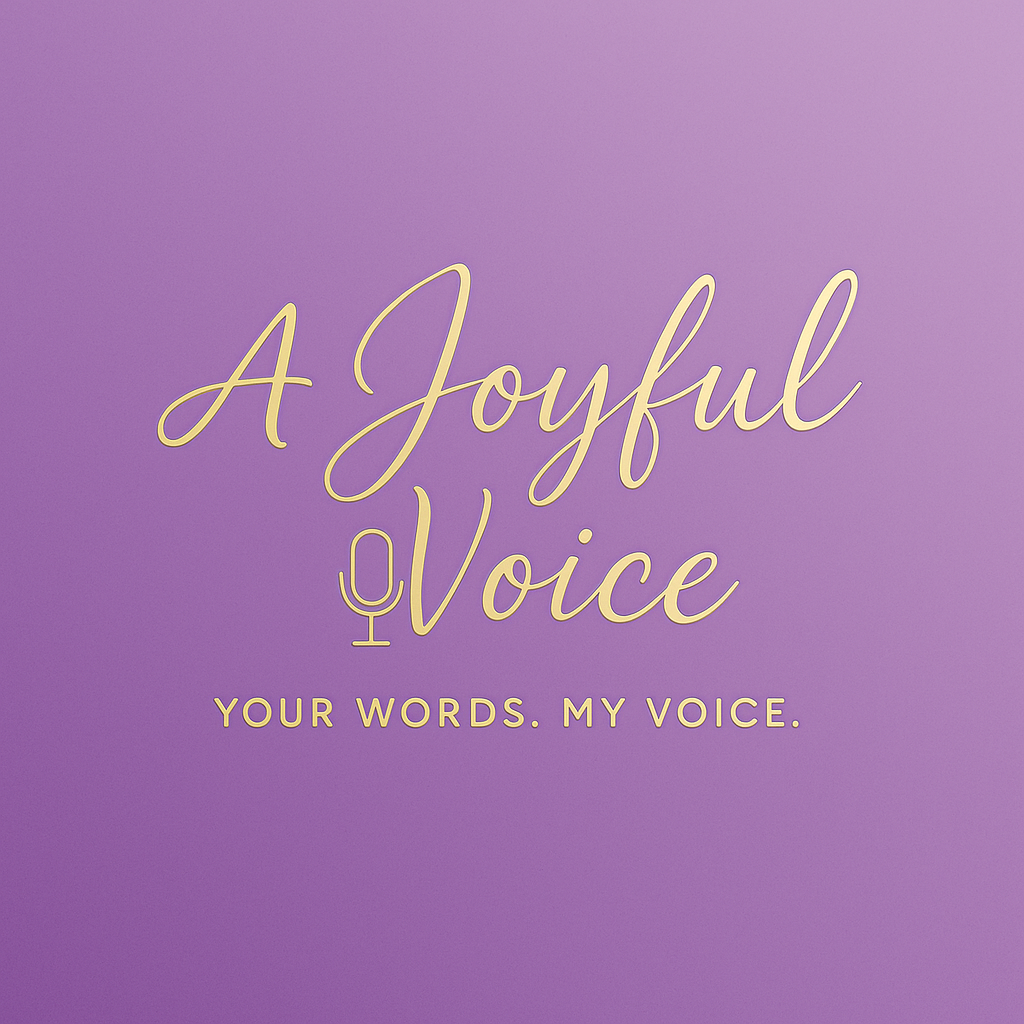3 Rules (and a Hard Truth) I Learned from a Power of Attorney That Didn’t Happen
What happens when everything is in place for a Power of Attorney signing—except the signer’s ID? And what if the situation unravels just minutes before the notarization?
That was the unexpected twist in my appointment with David and Ms. Evelyn.
David had called me to schedule a Power of Attorney signing for Ms. Evelyn, a retired veteran living in a senior care facility. She had agreed to the POA and wanted to get her affairs in order. Everything seemed set—until we discovered that she did not have a valid form of government-issued ID.
David was confident that a copy of her military ID would suffice. He even tried to compare it to how law enforcement might only need your license number. I explained, respectfully, that Florida law requires notaries to view a current, original government-issued ID — no copies, no exceptions.
I also let him know about an alternative: credible witnesses. In this case, David could serve as one since he knew Evelyn personally and wasn’t related to her. We would need just one more person under Florida law. He thought staff could help, but we hit another roadblock—facility policy prohibited staff from acting as witnesses.
Luckily, I was able to secure a second witness to meet us at the facility. We had the witnesses, the paperwork, and the plan. But just before we began, David came down from Ms. Evelyn’s room and quietly told me:
“She changed her mind. She doesn’t want to sign.”
And that was that. The Power of Attorney didn’t happen
1. A copy of an ID is not enough
Florida notaries must physically view a valid, original government-issued ID — such as a driver’s license, state ID, or passport. Photocopies or digital images do not qualify. If you're outside of Florida, check with your own state's Secretary of State for your jurisdiction’s requirements.
2. Know your witnesses.
POA documents often require two witnesses who are not related to the signer and not named in the document.
In Florida, witnesses must also have valid ID, and many facilities do not allow their staff to serve in this role. Always plan ahead and have backup witnesses ready.
3. Consider credible witnesses.
If the signer lacks ID, Florida allows the use of two credible witnesses who know the signer personally and are not involved in the transaction. In cases where the notary personally knows the signer, only one credible witness may be required. However, this varies based on the situation and the document. Always check current Florida law—or consult your notary—to understand when this exception applies.
And the hard truth?
Even if you do everything right, the signer can say no. Consent can’t be assumed. It must be current, clear, and free of pressure. People often associate Power of Attorney with losing control. As one woman recently said to her daughter, “I still have all my marbles—I don’t need one yet.”
The truth is, POAs are a tool for protection, not surrender. But timing and comfort level are everything.
At Notary Near Me Florida, we bring clarity, compassion, and a commitment to doing things the right way.
Whether you're navigating a Power of Attorney, estate documents, or general notarizations, we specialize in meeting people where they are—literally and emotionally.
If your loved one lives in a senior facility, is recovering at home, or has special concerns, we’ll walk you through every step with patience and professionalism. Don’t guess. Don’t stress. Let Notary Near Me Florida handle it with care.
📞 Call or text 813-239-4117
📧 Email: support@notarynearme-florida.com
🌐 Visit: www.notarynearme-florida.com
Serving the Tampa Bay area with mobile and remote notary services that care.














